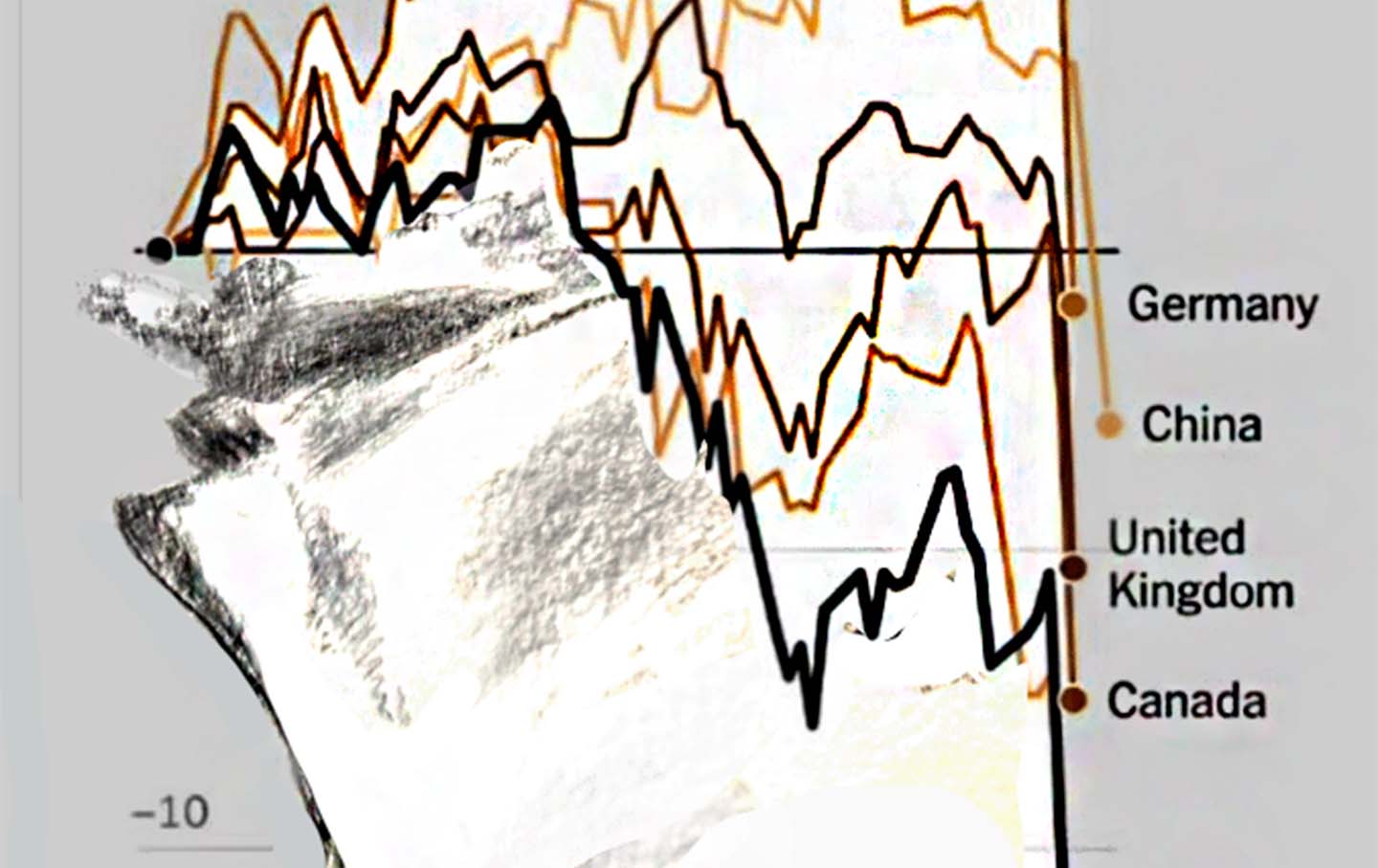In a story shared by Steve Schmidt, Bishop William Barber recounted a conversation between Frederick Douglass and Harriet Tubman, highlighting the challenges faced by abolitionists during the time of the Dred Scott decision. This narrative resonates with those who question how such activists sustained hope when the abolition of slavery seemed impossible.
The account comes from Schmidt’s Substack, where Barber shared that after the 1857 Supreme Court decision, a then 39-year-old Frederick Douglass fell into a state of depression. Harriet Tubman noticed Douglass’s despondency and approached him with a profound question: “Is God dead?” This inquiry jolted Douglass out of his despair, making him realize his misplaced trust in human institutions rather than a higher power. Regarded as a genius and a moral leader, Douglass faced his crisis of faith and chose to overcome it.
Douglass went on to prepare a speech condemning the Dred Scott decision and the hypocrisy of a nation that proclaimed freedom while enslaving millions. In delivering this speech, Douglass questioned whether the decision might be a catalyst for the eventual collapse of slavery, suggesting that setbacks could herald the beginning of the end for the institution.
Bishop Barber’s rendition of the event conveyed a sense of calm and certainty about overcoming current challenges, inspired by Douglass’s legacy. Douglass’s enduring words and moral clarity serve as an inheritance, encouraging people to stand against threats to human dignity and freedom.
In conclusion, despite the inevitable cost and struggle, a belief in better days ahead is affirmed, with a call to action to rise and combat the injustices of the present era.
